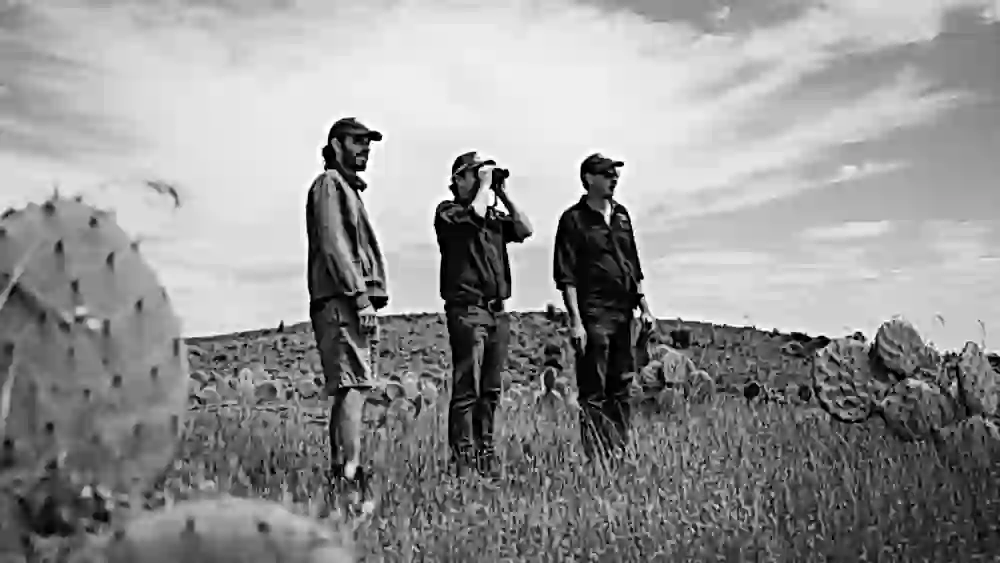Dja Dja Wurrung Country Aboriginal Corporation is a First Nations led organization overseeing the management of traditional lands at Kalimna Park in Castlemaine and Wildflower Drive in Bendigo. Beyond Heritage speaks to Project Manager’s Sharlee Dunolly-Lee and Simon Coverdale about the Djaara led projects that centers employment and health benefits for Country and Community.
Can you please outline the activities of your organizations and how your work addresses questions of climate and climate change?
SDL: In our day to day work, everything that we do is for climate. There is a need to retain and restore Dja Dja Wurrung Country to its condition before the goldrush. Djaara understand that the earth had a climate that we lived in sync with and now that is out of sync.
SC: I’m not a Djaara person but what I’ve found working at the Dja Dja Wurrung corp is the long term view that Djaara hold. They have been through periods of climate change and have adapted and survived. Why is a collaborative approach to public land management important?
SC: The project is on Djarra land and Djarra see it as their responsibility to manage it on behalf of everybody.
SDL: Our custodianship of land hasn’t changed just because people own land now. You get more done when you work together and it’s in our nature to share and not have ownership, which is why partnerships are important to us.
Can you please explain to us your project Walking Together / Balak Kalik Manya and the team who helped support it?
SDL: That was a project in collaboration with Parks Victoria and is to help the healthy active use of the sites by Djarra and community - bring people into nature. It’s seeing how community are already using the site and what further resources they need to continue using that site. On the landmanage side of things, the project supports existing on ground management people who live there or go to school there - through groups like landcare.
SC: The vision is that people who have a connection to Country, nature or place, are much more likely to look after Country. It’s that two pronged benefit of caring for Country - good for people and their wellbeing and through that relationship they are more likely to look after it. Djarra are part of Country and they need to be involved in and managing it. It’s not about putting up a fence and excluding - to ‘protect and conserve’.
What changes have you seen both in community and country since you started Walking Together / Balak Kalik Manya?
Some of the indirect impacts are having Djaara back on Country. It’s returning people to Country. The project brought up the reality that people are disconnected from Country, so the question for us was how do we get more people connected to Country? From both a western scientific perspective and a cultural perspective.
What do you hope people take away from the project?
SDL: That we are not indifferent to nature and the environment, we’re part of it. If we can get people to respect Djarra culture while connecting to Country and forming relationships, we’ve succeeded.
SD: Success for me is an everyday user, walking their dog, taking their kids for a walk, going to these sites and experiencing a distinctive Djaara place that will capture their interest and curiosity about Country.

